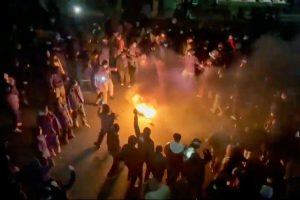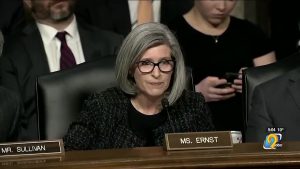Wisconsin Enacts Statewide Cellphone Ban in Classrooms Amid Concerns Over Student Distraction and Mental Health

By Jim Thomas | Friday, 31 October 2025 10:17 PM EDT
Wisconsin Governor Tony Evers signed into law a bipartisan measure on Friday that will require public school boards across the state to generally prohibit student cellphone use during instructional time. The legislation marks a significant shift in statewide education policy as concerns over student focus and mental health continue to rise.
Under the new statute, school boards must adopt a policy by July that bars students from using personal cellphones during the school day, with exceptions for emergencies, healthcare needs, and authorized teacher use of district-issued electronic devices. The bill passed the state Senate on Oct. 14 by a 29-4 margin and cleared the Assembly earlier in the year with a Republican-sponsored measure that received bipartisan support.
Evers, a Democrat and former educator, supported the measure despite acknowledging local school boards are best suited to determine such policies. “My promise … is to always do what’s best for our kids,” he stated. The governor emphasized concerns about the impact of phone use on student mental health, school outcomes, and social interactions.
State Republican lawmakers argued the law provides schools with clearer guidance and consistency. GOP Rep. Joel Kitchens noted the bill signals legislative support for districts addressing the issue, stressing that enforcement remains critical. “We are saying to the school districts that we’re standing with you on this, because everyone agrees this is a problem,” he said.
The law formalizes practices already adopted by many districts, with 90% of responding schools reporting some form of device restriction prior to the bill. The legislation aligns with national trends as states increasingly implement phone-use limits in schools to combat distraction, cyberbullying, and declining student focus.
Critics, however, argue the mandate undermines local control, warning it may impose an “unfunded mandate” and face practical enforcement challenges. Despite these concerns, lawmakers view the policy as a step toward fostering disciplined classroom environments. Districts now begin drafting or updating policies to comply, with decisions on enforcement methods ranging from simple bans to storage devices or teacher-controlled access.
The Associated Press contributed to this report. Jim Thomas is a writer based in Indiana. He holds a bachelor’s degree in Political Science and a law degree from U.I.C. Law School, with over 20 years of legal practice experience.





